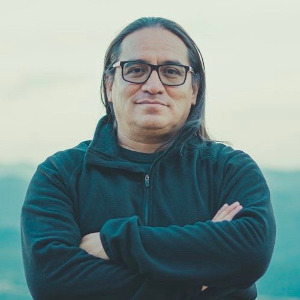(Based on experience with communities in Bolivia, Peru, Colombia and Ecuador)
INTRODUCTION
We live in new times, full of questions, doubts and confirmations. Times full of unprecedented possibilities and challenges. In some strange way, the advances made by humanity in recent years mean that our traditional forms of cooperation and construction of knowledge are unable to match the unprecedented complexities.
This context of transformation can mean a great opportunity to build new and better forms of collaboration, but this means assimilating new skills, and new thinking frameworks, aimed at enriching our ability to speak and think together and thereby access the intelligence and collective wisdom we need to create common and innovative paths to the future.
It is this new time that has brought us to the “facilitation of processes” and “intercultural dialogue” as new professional fields that are highly demanded by countries, organizations and institutions that want to improve their performance with the benefits of human connectivity and peaceful coexistence. This will serve as a catalyst space for human potential.
CONTEXT
In the current context, the concern for the effective management of public bodies forces us to face the challenges inherent to governability and “good government”.
This relationship requires new forms of interaction between government and society, between public and private, and the affirmation of a different relationship between interventions decided and managed at the political and administrative level; and how civil society is organized.
And because Latin America is fundamentally multicultural, intercultural dialogue shows up as a fundamental tool; the comprehensive integral approach is equipped to face the operational challenges of landing sustainable solutions.
THEME
The lessons learned from the experience of implementating the model in 4 countries and the facilitation MODEL itself that was used.
EXPLORATION QUESTIONS
- How to apply the comprehensive AQAL approach developed by Ken Wilber in the construction and facilitation in processes of intercultural dialogue?
- What are the factors that can ensure the sustainability of the processes?
- What are the most effective practices for these processes?
Diana speaks Spanish and will be translated into English by Andres Malavé.

